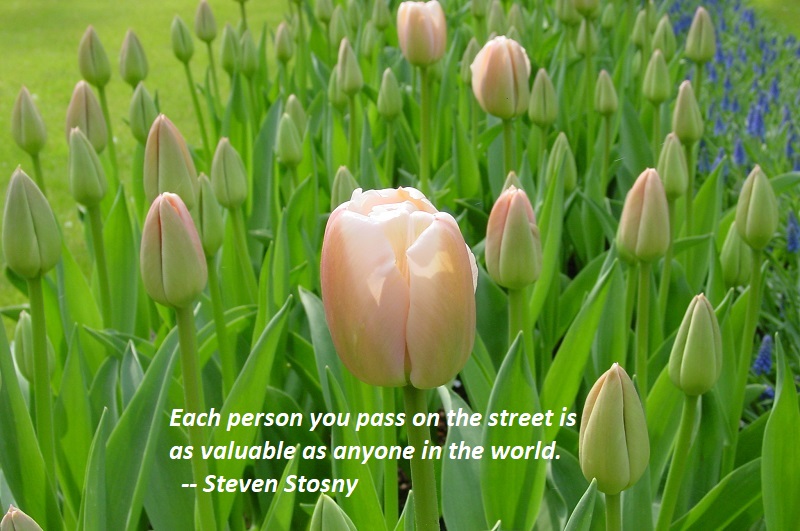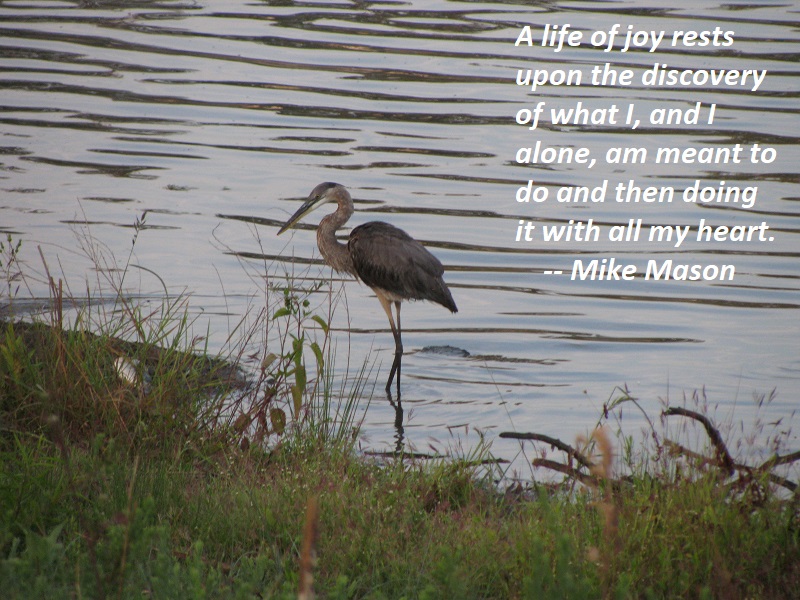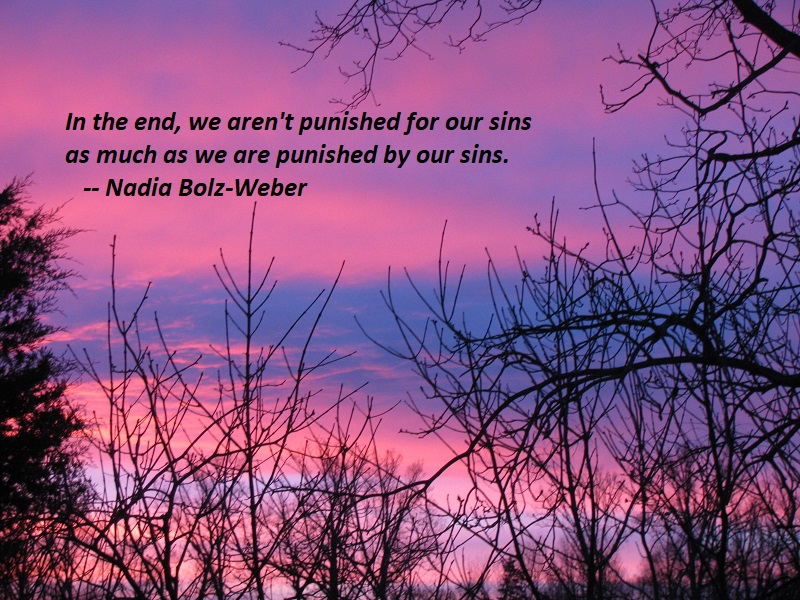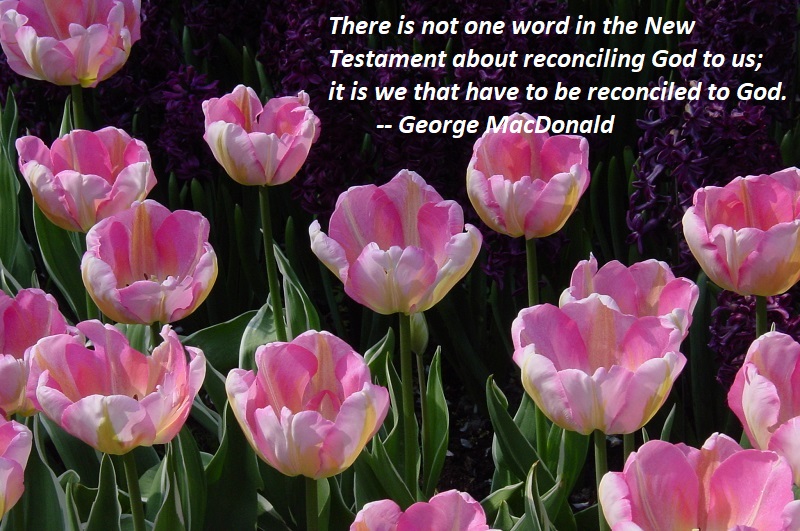
You can save the world in a very simple way. Value everyone you see, connect your most humane values to theirs, and then let the principles of modeling, mimicry, emotional display, contagion, and reciprocity do their stuff. You don’t even have to make eye contact; it will work if you only do it in your head. Just regard everyone you see as a person of value. This creates a very subtle, mostly unconscious approach motivation, to which most people are likely to respond in kind, with subtle positive regard of the people they subsequently pass on the street. Many of the people you value on the street will take that unconscious, low-grade valuing state with them. They’re more likely to be nicer to their children and more pleasant to the people they see at work. And so will you.
Value every driver you see, even those who behave badly, and you’ll do a great deal to protect the safety of each child and adult with whom you share the road.
This new torrent of transmitting value along the Web of Emotion need not change your overt behavior at all. It will require next to no investment of time and energy. In fact, it will generate energy and give a sense of purpose to your time that might otherwise be empty or wasted. It will help you appreciate a fact that we easily ignore in our rushed and highly structured society; each person you pass on the street is as valuable as anyone in the world.
— Steven Stosny, Soar Above, p. 207-208
[Photo: Keukenhof, Holland, April 17, 2004]





